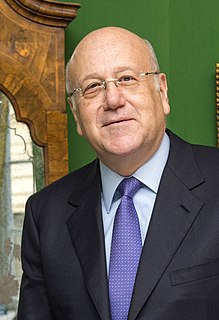A Quote by Johan Norberg
Capitalism has given people both the liberty and the incentive to create, produce, and trade, thereby generating prosperity.
Quote Topics
Related Quotes
In a system of capitalism, as people's wealth rises, the financial incentive to serve them rises. As their wealth falls, the financial incentive to serve them falls, until it becomes zero. We have to find a way to make the aspects of capitalism that serve wealthier people serve poorer people as well.
If conservatives really believed in individual liberty, as they endlessly claim and if they used both halves of their brains then they'd be libertarians. Instead, they sabotage themselves, and their cause, by constantly generating one spurious reason after another to deprive other people of their freedom.
The left hates capitalism, not because of freedom and liberty - although they do. But the primary they hate capitalism is that it is the most efficient engine to create wealth for the greatest number of people in a society that has ever been devised. Nobody's ever claimed it's perfect. Nobody's ever said it's flawless. But it's better than anything else out there, particularly anything left has to offer.
To summarize, using money to motivate people can be a double-edged sword. For tasks that require cognitive ability, low to moderate performance-based incentives can help. But when the incentive level is very high, it can command too much attention and thereby distract the person’s mind with thoughts about the reward. This can create stress and ultimately reduce the level of performance.
Ignorance, as well as disapproval for the natural restraints placed on market excesses that capitalism and sound markets impose, cause our present leaders to reject capitalism and blame it for all the problems we face. If this fallacy is not corrected and capitalism is even further undermined, the prosperity that the free market generates will be destroyed.



































